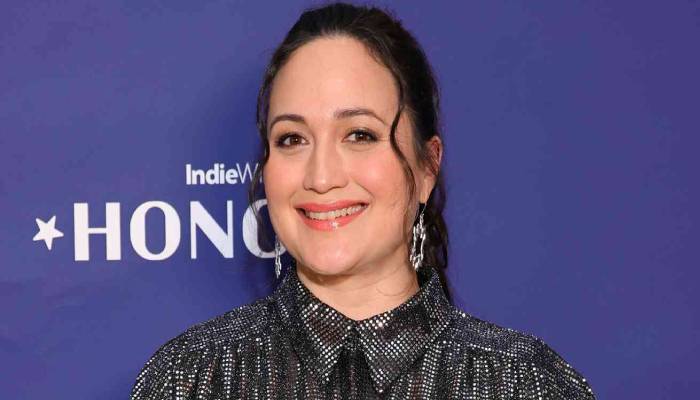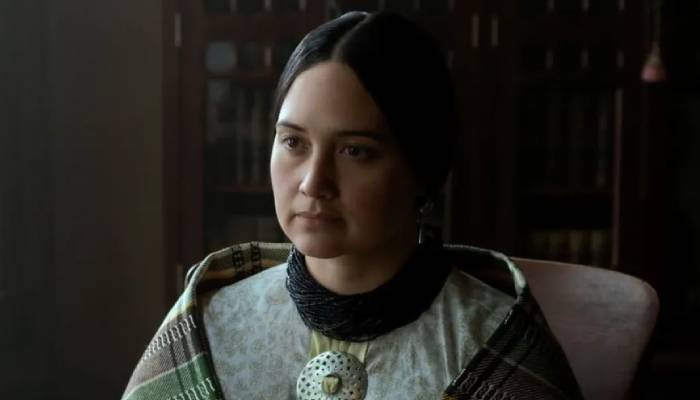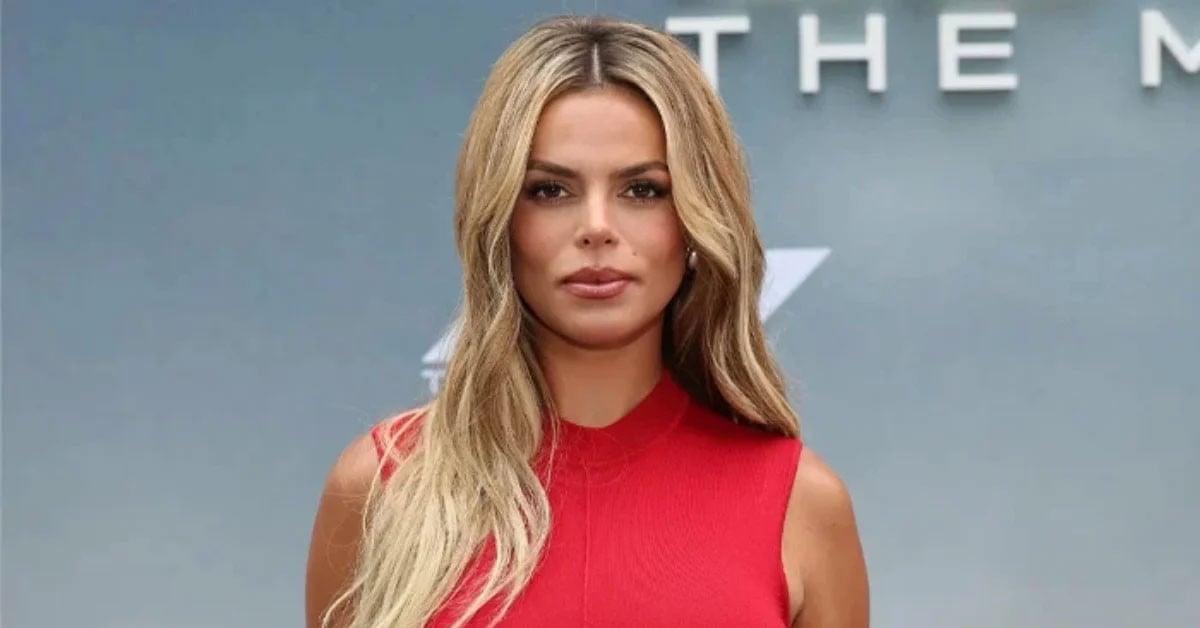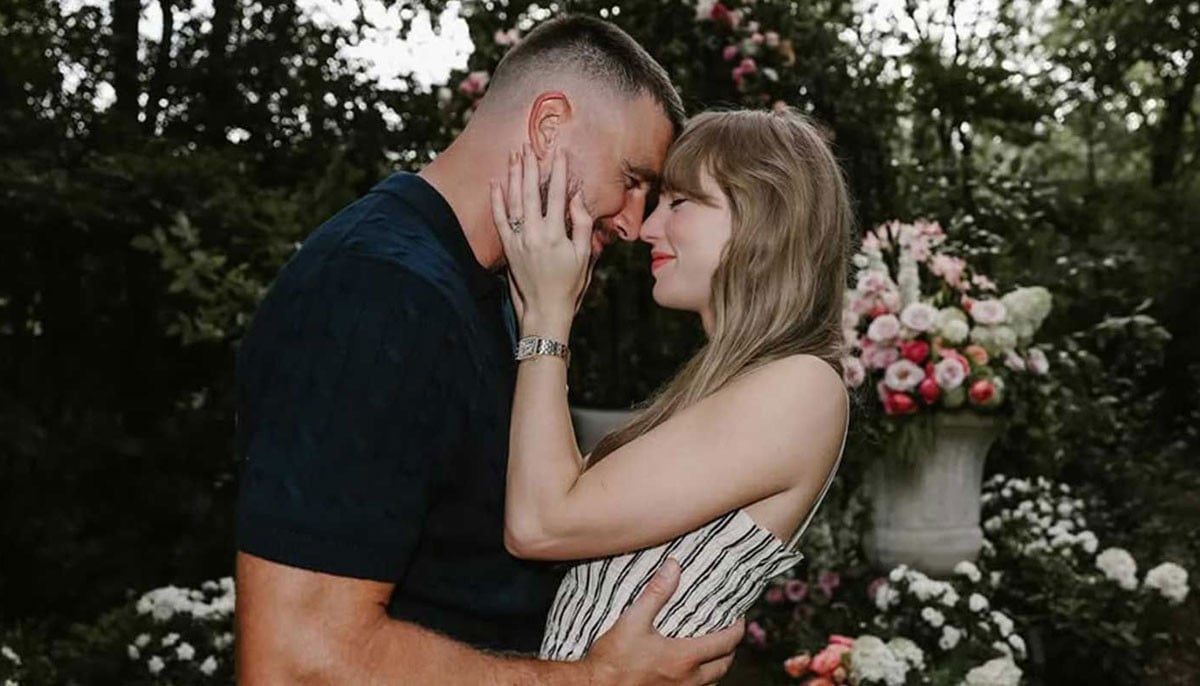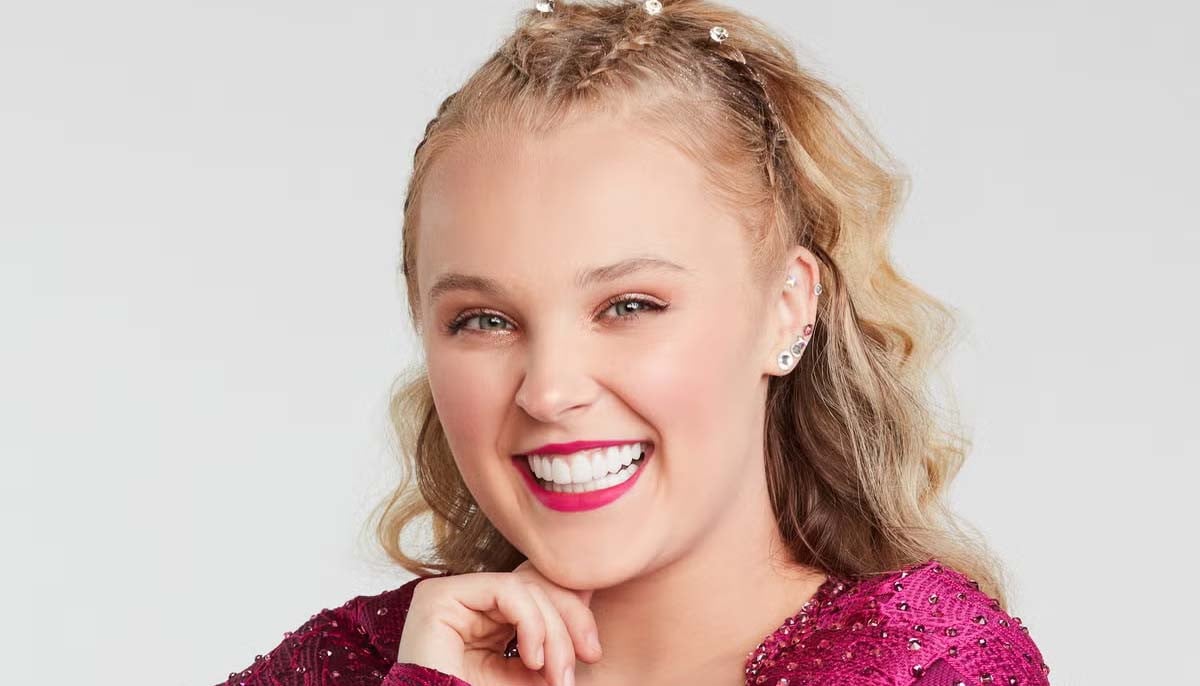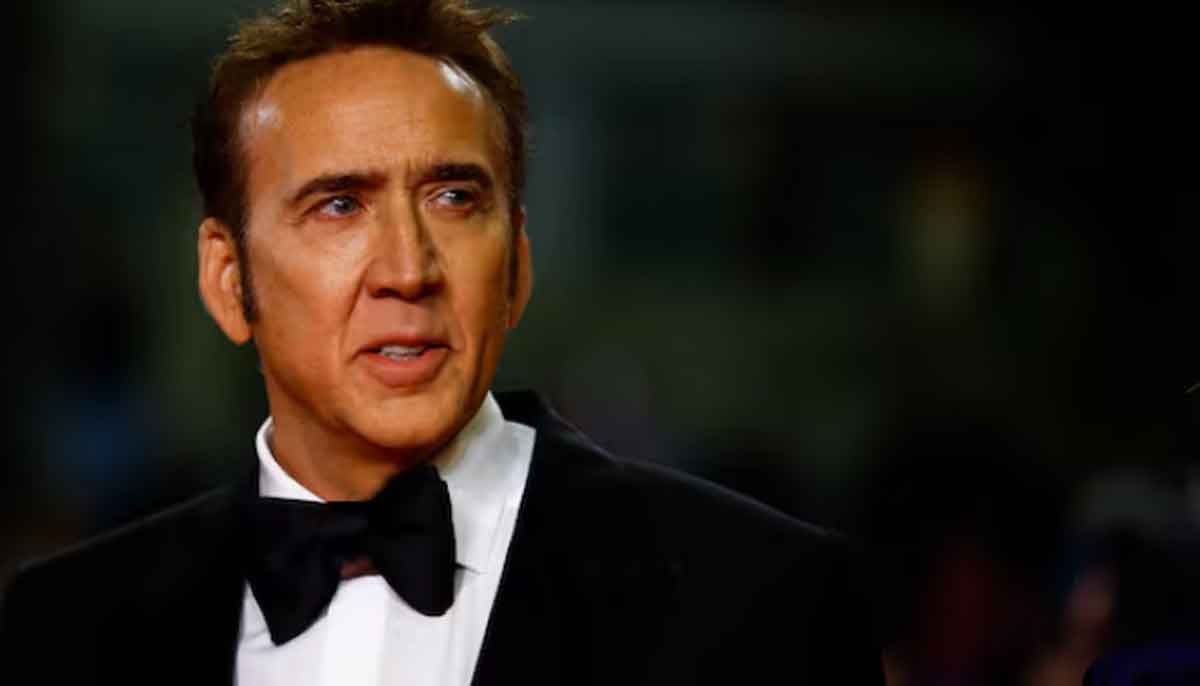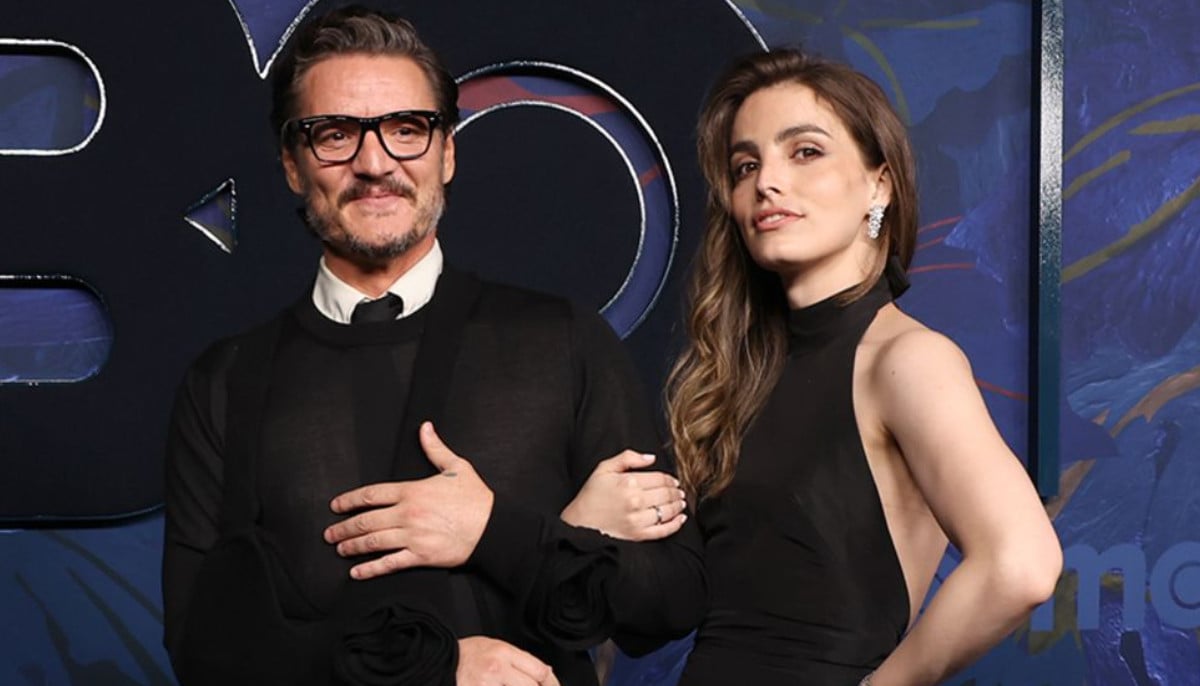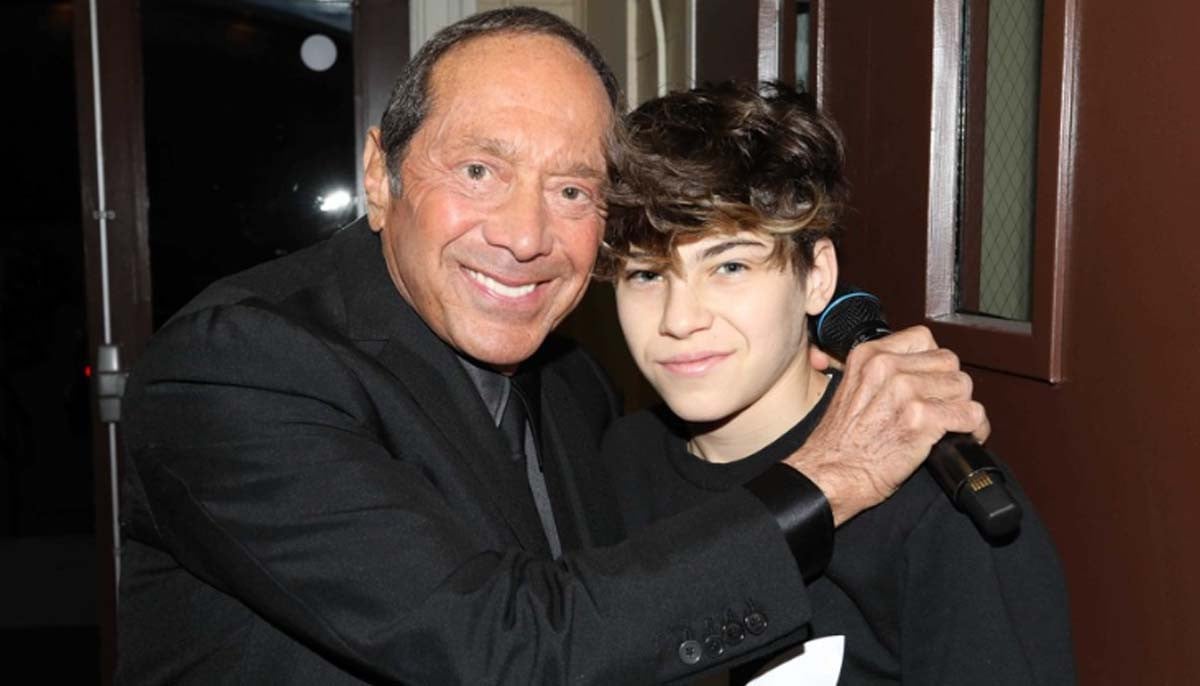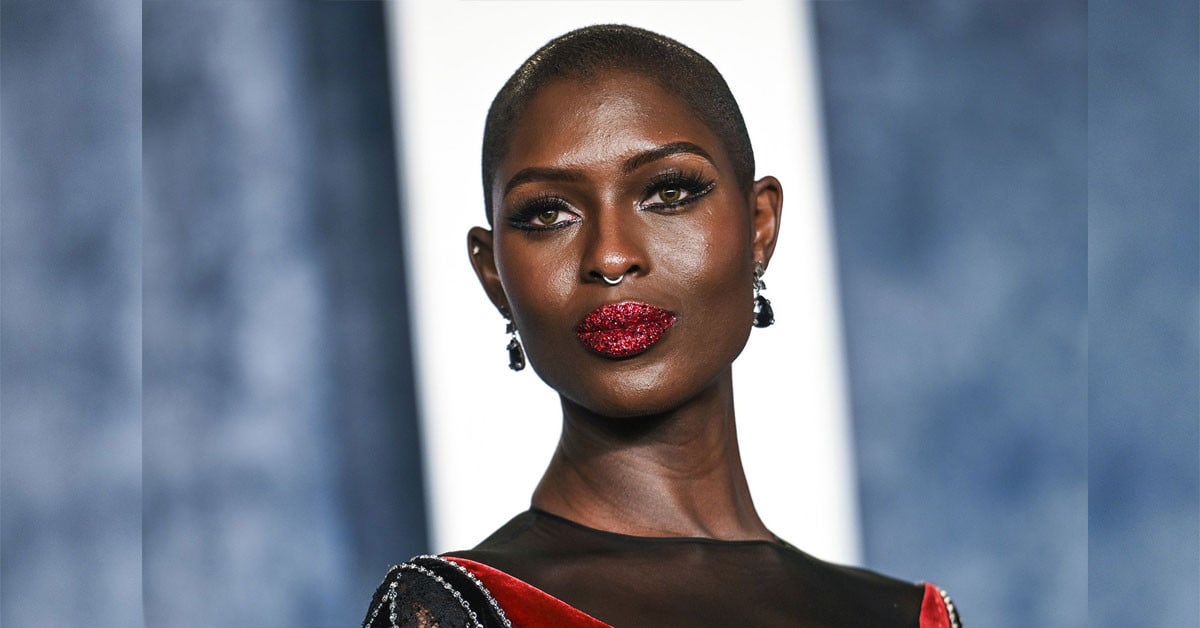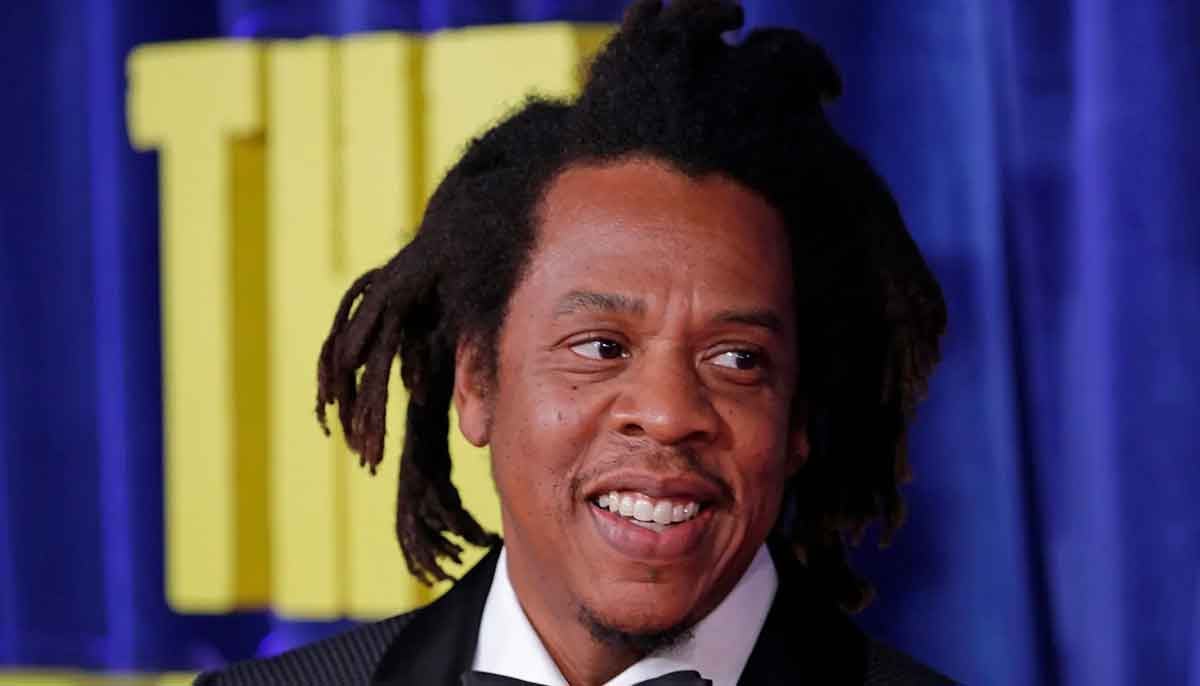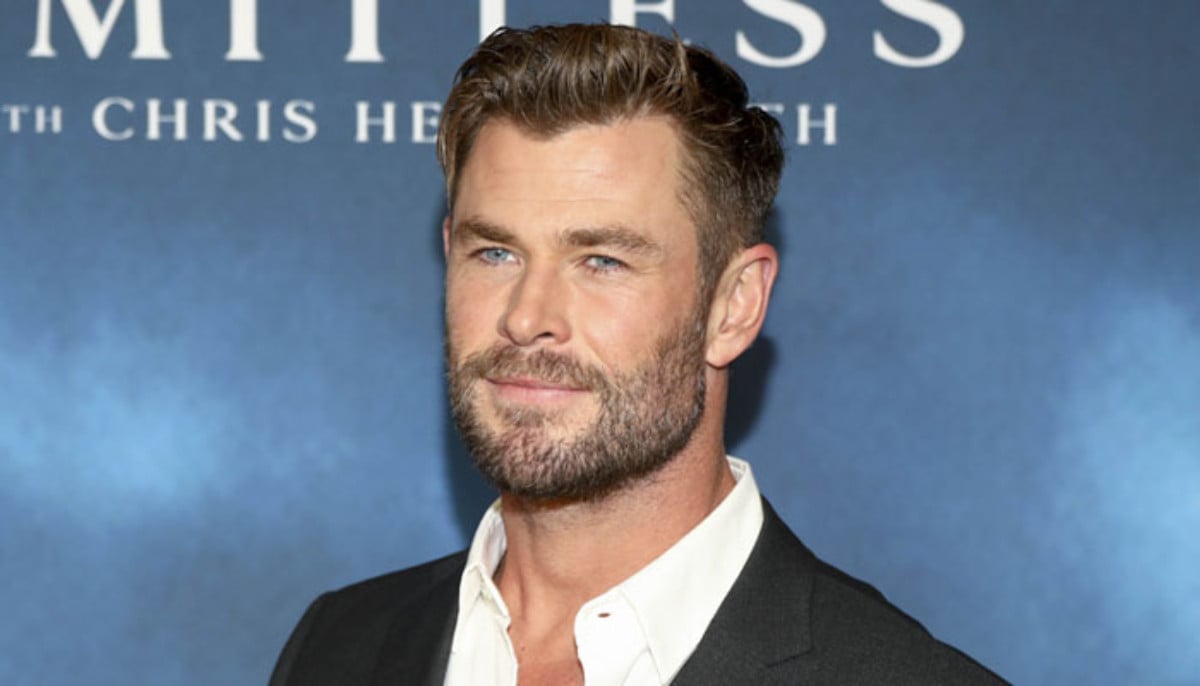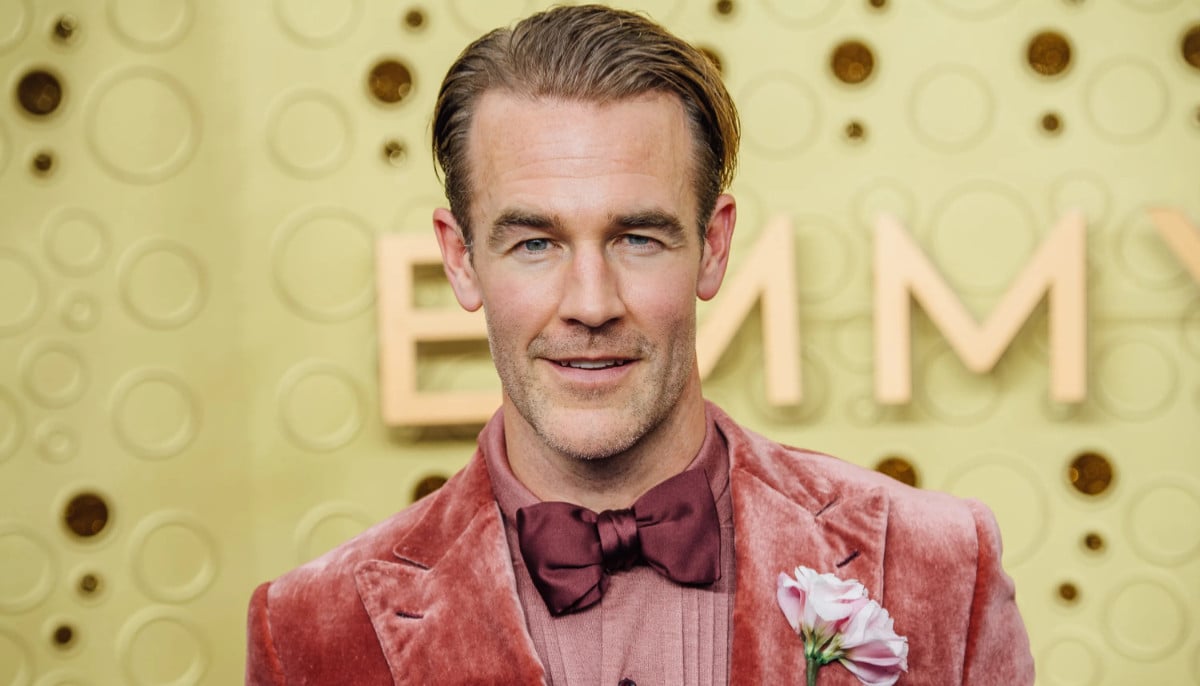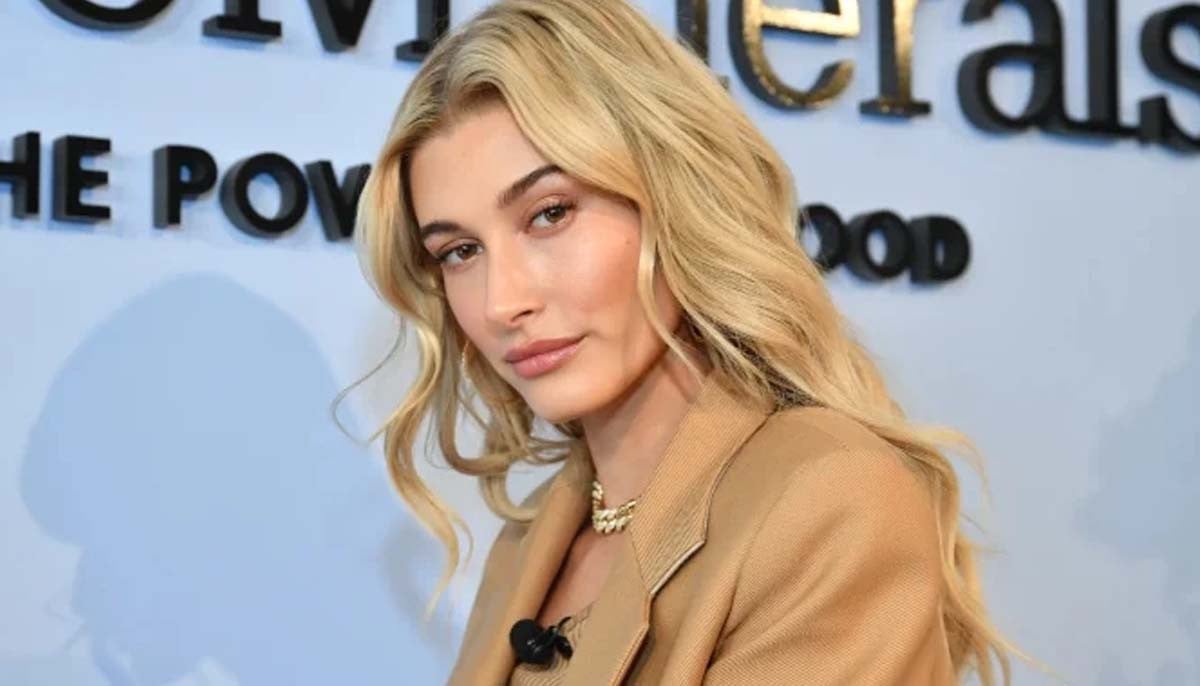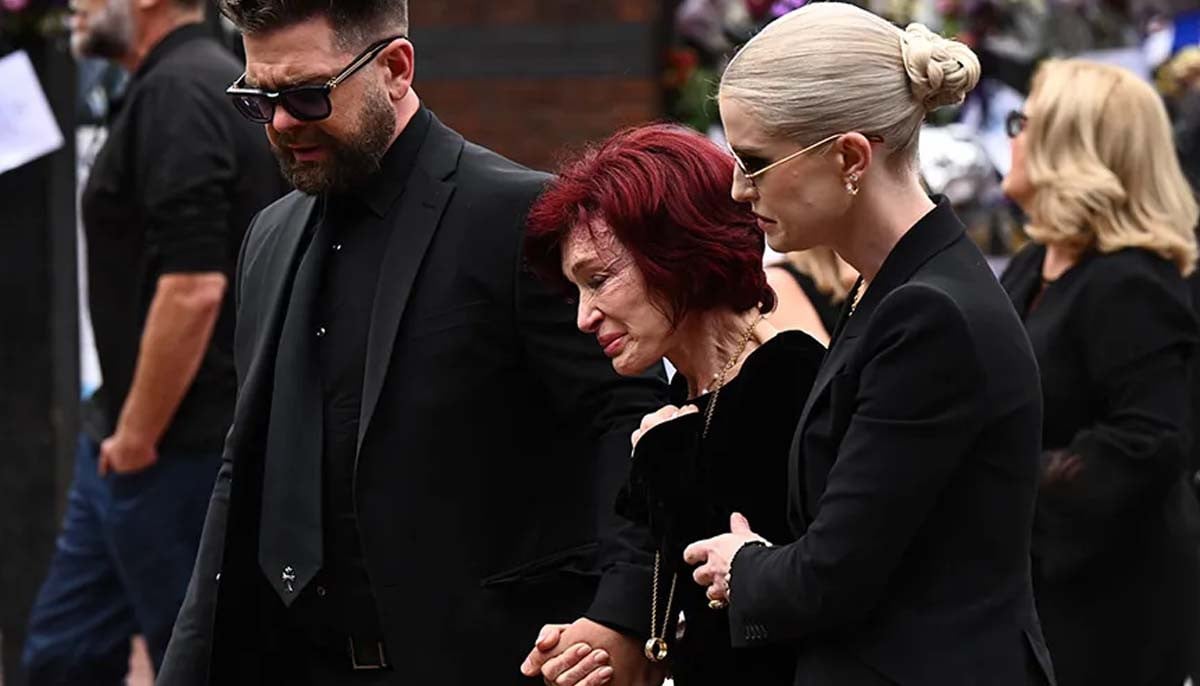Lily Gladstone dishes out details about pronoun preferences
Lily Gladstone opens up about decolonizing gender for herself in a new interview
Lily Gladstone has recently elaborated on why the star prefers using both she and they as pronouns.
In a new interview with PEOPLE, the Killers of the Flower Moon star said, “I remember being 9 years old and just being a little disheartened, seeing how often a lot of my boy cousins were misgendered because they wore their hair long.”
Lily, who has Blackfeet and Nez Perce heritage, recalled, “It happens to a lot of kids, I think, especially Native boys leaving a community where long hair is celebrated [and then] just kind of getting teased for it.”
“So, I remember back then being like, everybody should just be they,” remarked the 37-year-old.
Lily explained, “In most Native languages, most Indigenous languages, Blackfeet included, there are no gendered pronouns.”
“There is no he/she, there's only they,” she continued.
Lily told the outlet, “It doesn't happen as much anymore, but there have been several times in my life where I've been speaking to a northern Cheyenne-first language speaker [or another] Indigenous-first language speaker where they'll accidentally misgender you when they're talking to you. And then they'll get embarrassed about it, but it's because they've learned English later.”
“So, Blackfeet, we don't have gendered pronouns, but our gender is implied in our name. But even that's not binary,” disclosed the actress.
Lily pointed out, “There were lots of women historically and still now who are given men's names. They fulfil more of a man's role in society as far as being provider, warrior, those sorts of things.”
“So, yeah, my pronoun use is partly a way of decolonising gender for myself,” she stated.
Meanwhile, Lily added that her pronoun use “is a way of embracing that when I'm in a group of ladies, I know that I'm a little bit different. When I'm in a group of men, I don't feel like a man. I don't feel [masculine] at all. I feel probably more feminine when I'm around other men”.
-
Pedro Pascal's sister reveals his reaction to her 'The Beauty' role
-
Paul Anka reveals how he raised son Ethan differently from his daughters
-
Jodie Turner Smith shares one strict rule she follows as a mom
-
Photo of Jay-Z, other prominent figures with Jeffrey Epstein proven to be fake
-
Fans slam talk show host for 'cringe' behavior in Chris Hemsworth interview
-
James Van Der Beek’s close pal reveals family's dire need of donations
-
Hailey Bieber turns heads just hours after major business win
-
Ozzy Osbourne's family struggles behind closed doors
